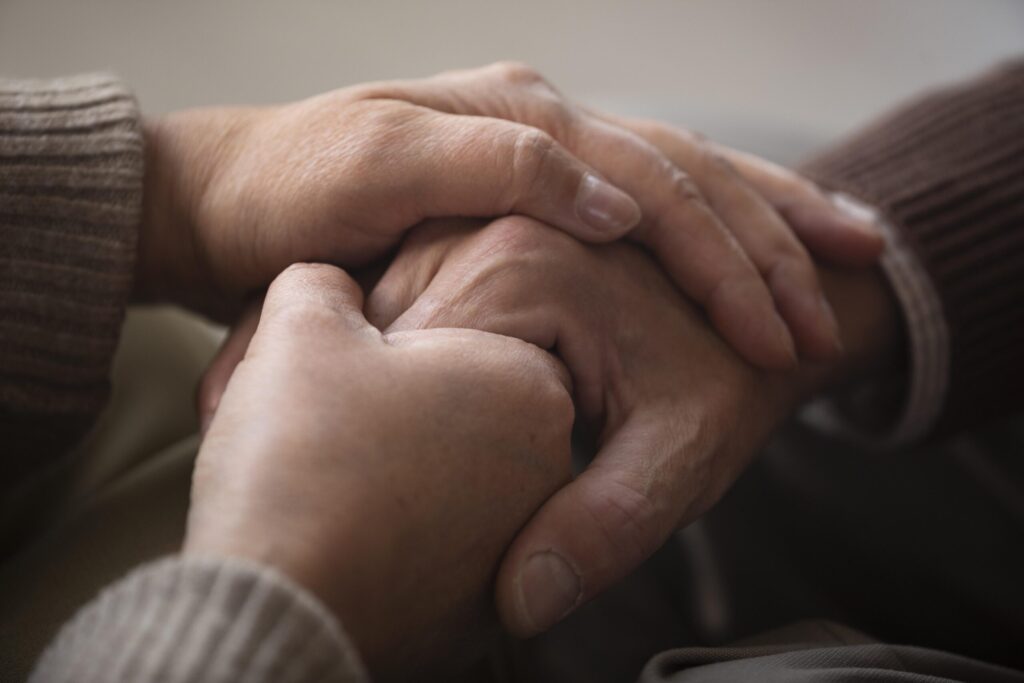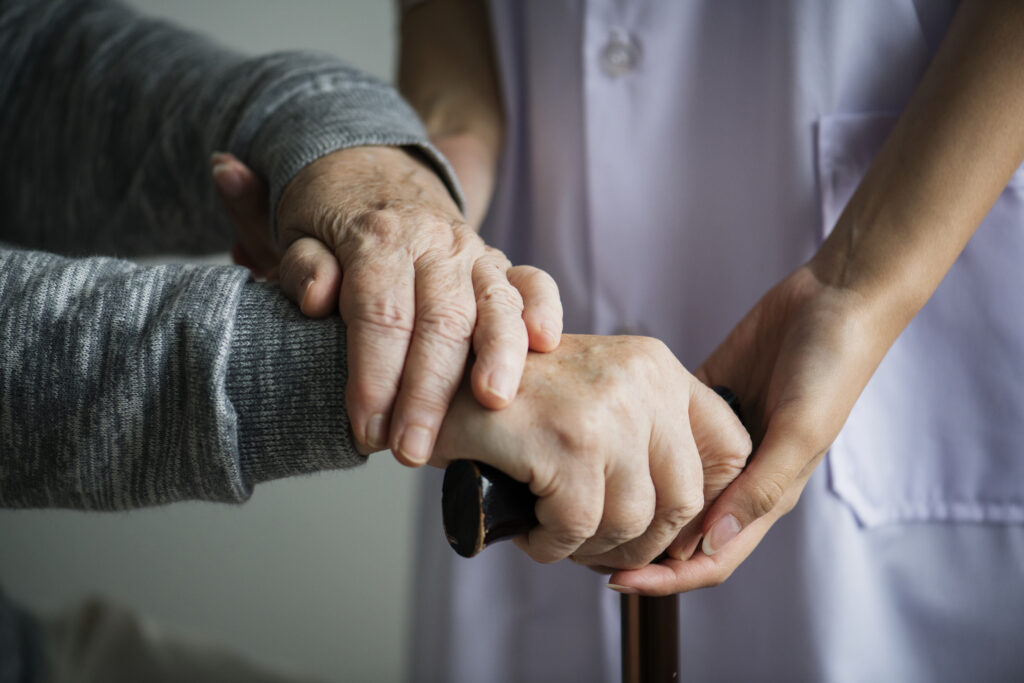Caring for our elderly loved ones is not easy. We know that as they get older, their bodies’ defenses get weaker and they become more susceptible to infections and or some sort of diseases. Long-term hospitalization or nursing home stay could potentially affect their health. For this reason, we want to limit hospital visits to a minimum and provide them with the best possible care at home.
Here are some simple ways to do that:
1. Safety
When it comes to elderly care, home safety is an utmost priority. Install security cameras in and/or around the house so they can be monitored easily. Adjust lights to improve visibility especially at night and install health monitors, safety sensors, etc.
2. Accessibility
Remove all kinds of clutter so our elders can move freely and avoid the risk of slip, trip, and fall accidents or other hazardous incidents. Ensure that the stairs has sturdy handrails, doors and windows are not jammed, and use door levers instead of knobs if possible. In the washroom, `
3. Supervision
Arrange a qualified professional to look after our elderly family member 24/7. Depending on their health status, the family can hire a caregiver or personal support worker (PSW), or any type of health professional to assist and care for them.
4. Nutrition
A well-balanced meal plan should also be provided to ensure that our seniors receive the adequate nutrition that they need.
5. Socialization
Encourage social interaction to promote their mental and emotional well-being. It could be as simple as family members spending time with them or connecting them with friends and other loved ones.
6. Hobbies
Aside from stronger family interaction, it is also recommended to help them find a hobby or connect them with local groups or clubs based on their interests.
7. Physical Activity
Physical exercise is vital to our seniors’ health and well-being. Consult your doctor regarding what kind of simple physical activities or exercise programs can be incorporated in our seniors’ daily routine.
8. Inclusion
Make our seniors feel a sense of belongingness by including them in family gatherings, events or even organizing trips that they will enjoy.
Also, if possible, communicate and get their input about what they need and the type of care that they want to receive.
9. Regular Appointments
To avoid long-term hospitalization, regular medical appointments should still be in place. This will greatly help in maintaining their overall health and early detection of possible illnesses.
10. Medication
With the aid of family members and caregivers, doctor’s instruction should be followed thoroughly and prescribed medications taken religiously.















